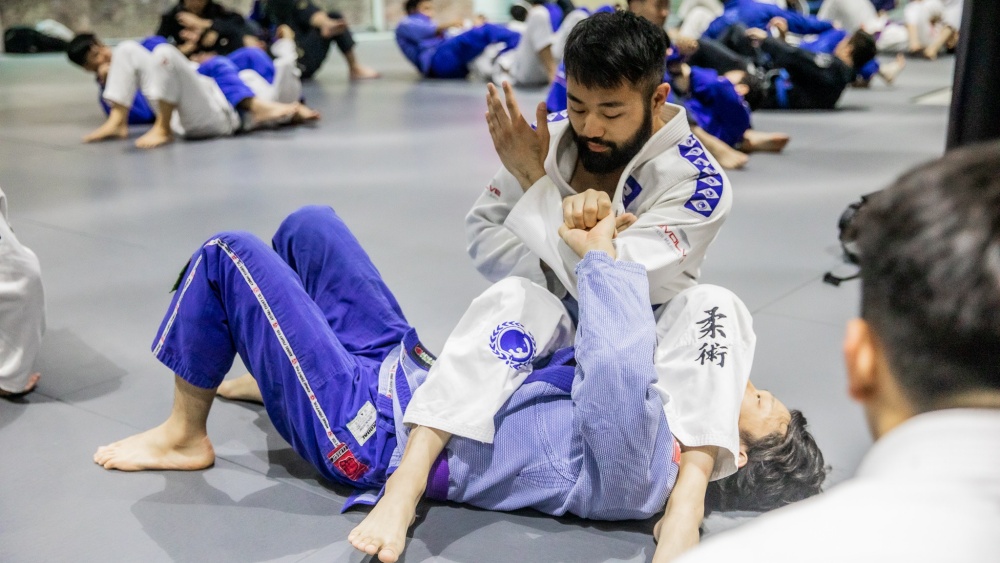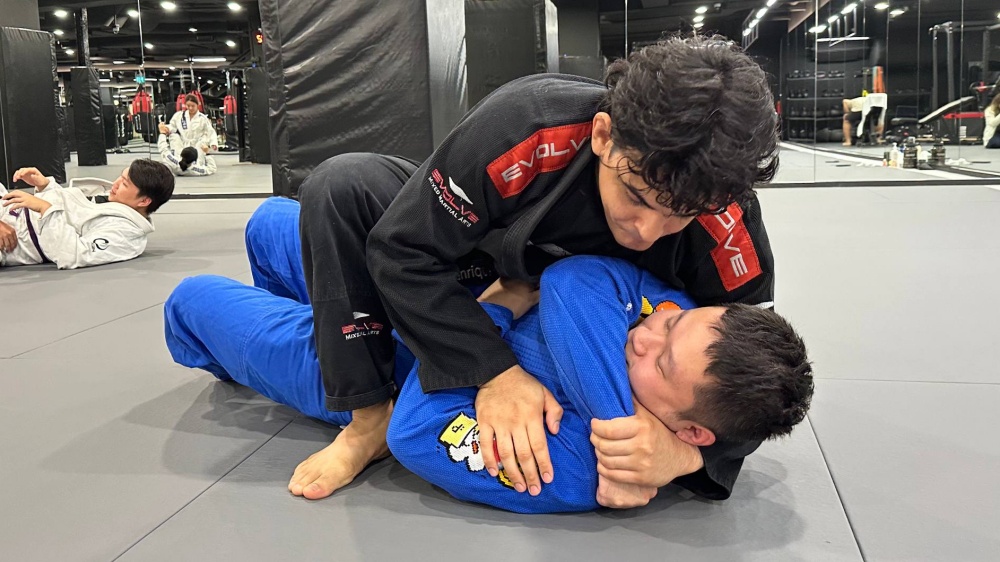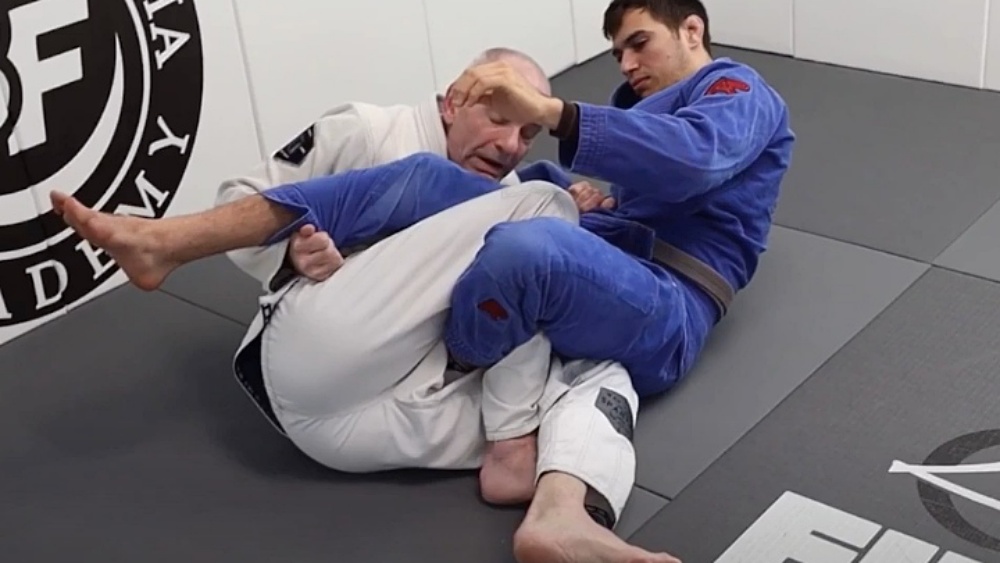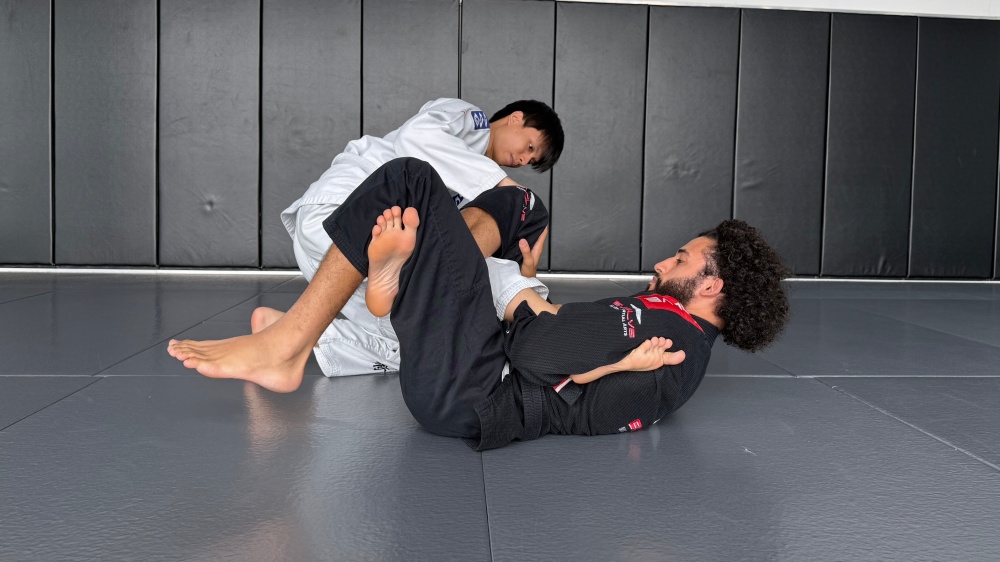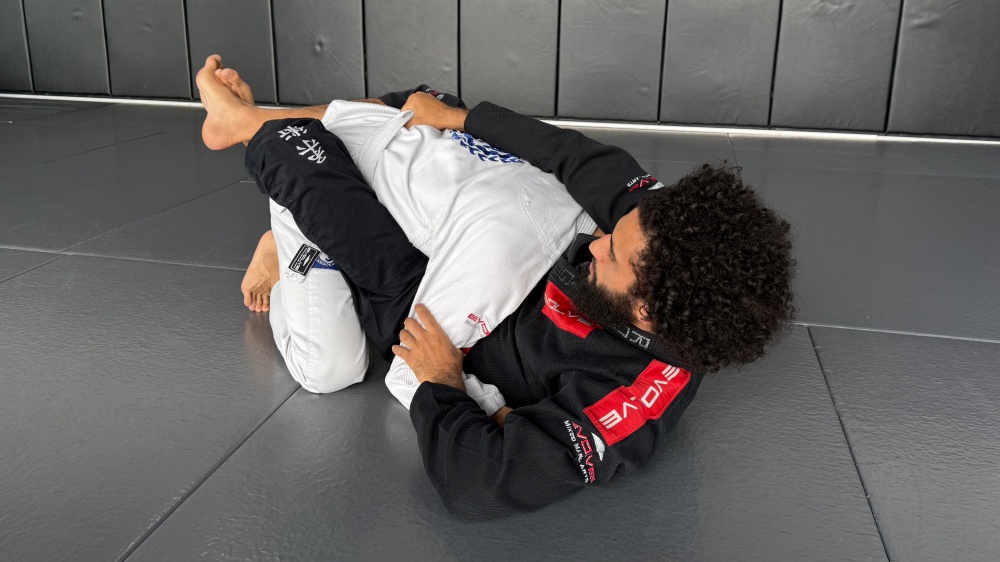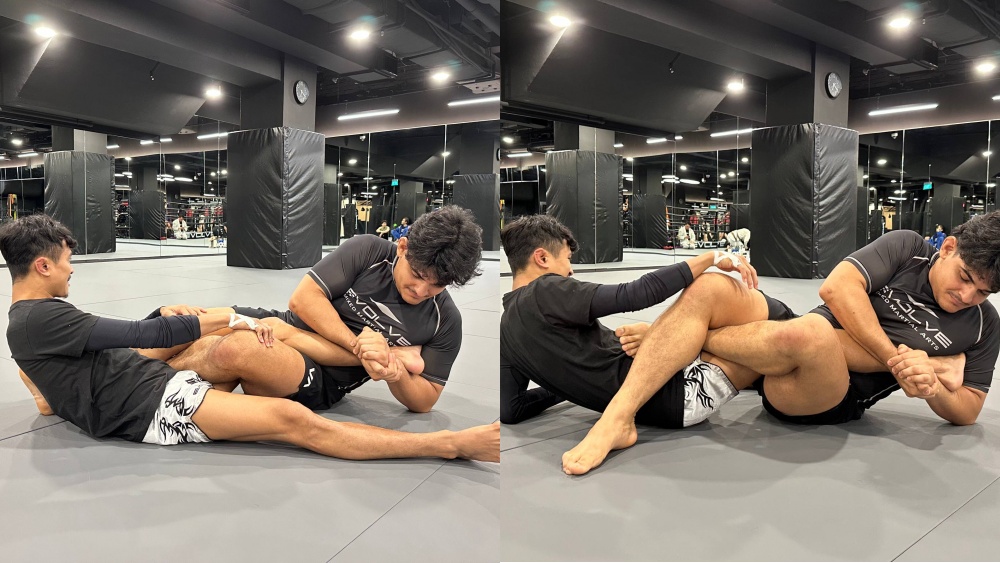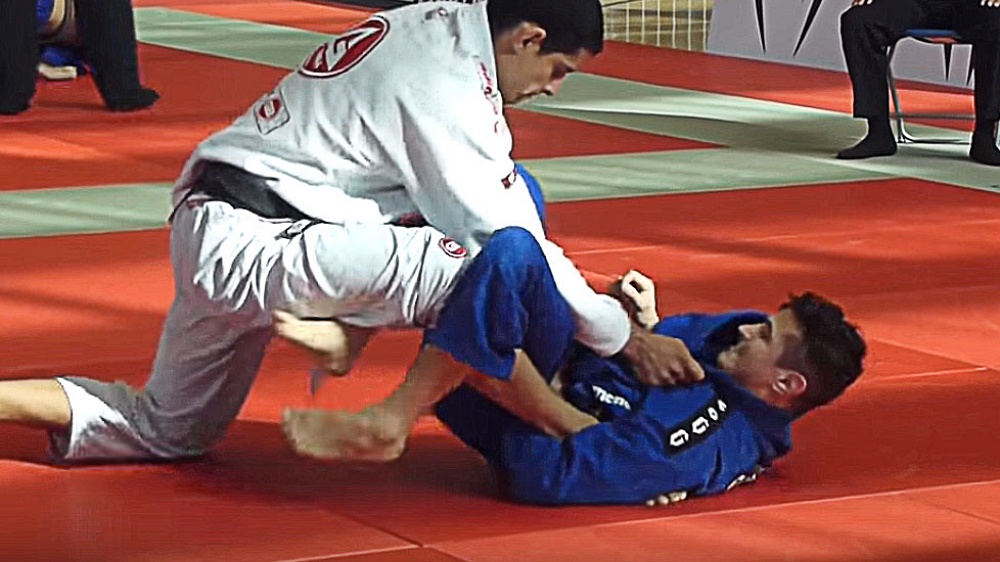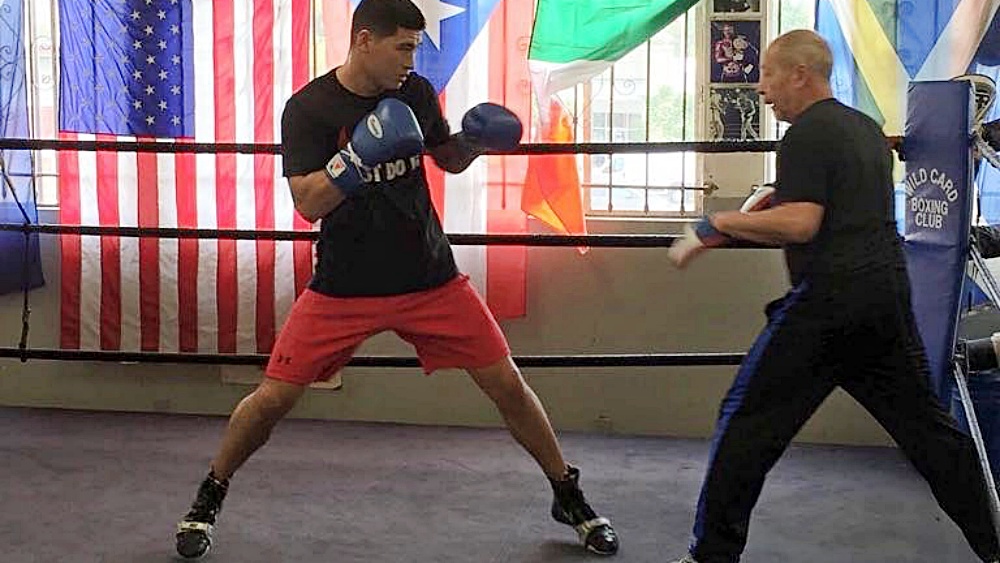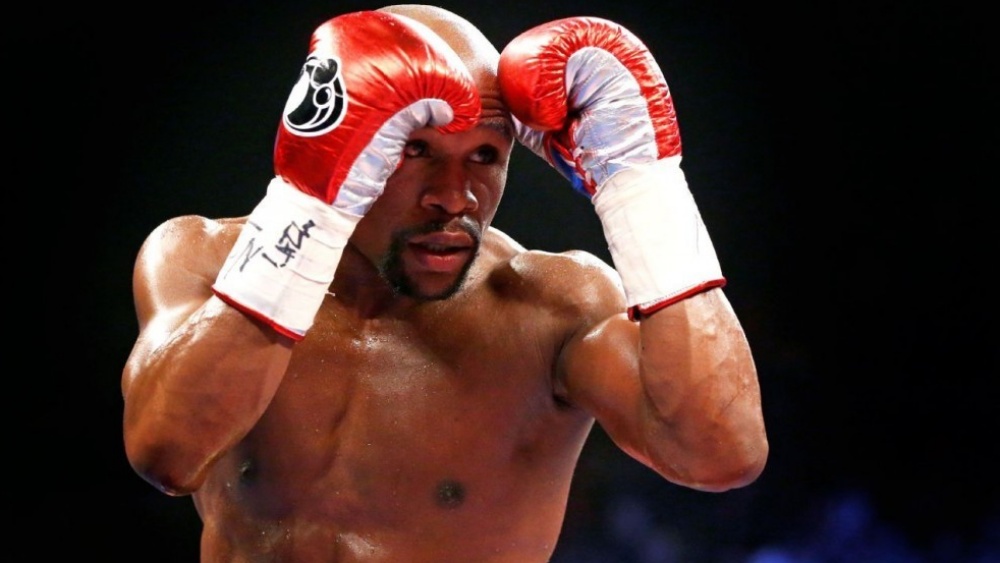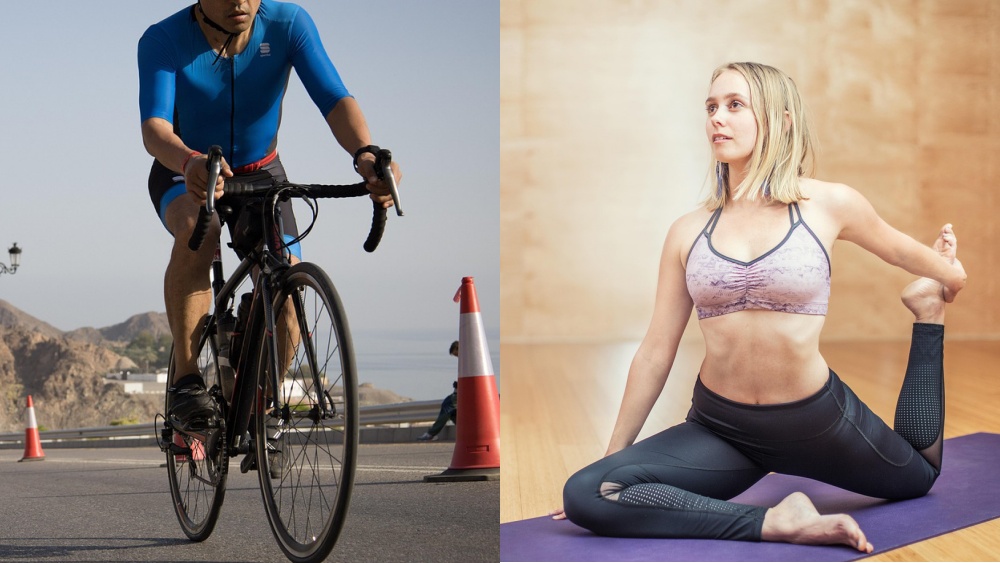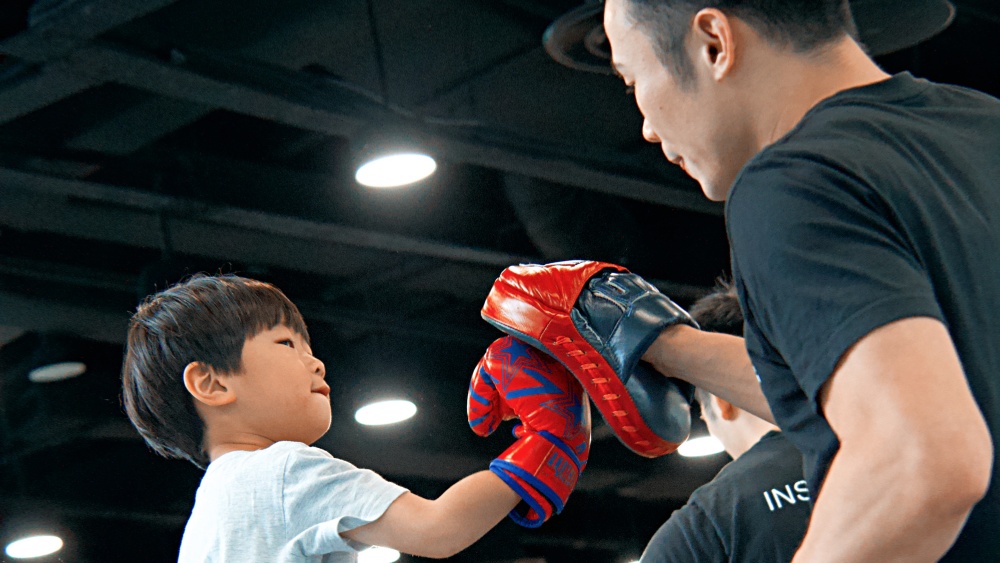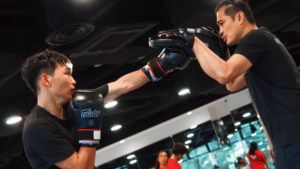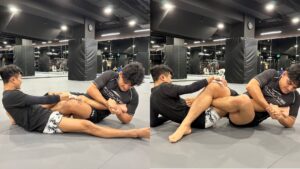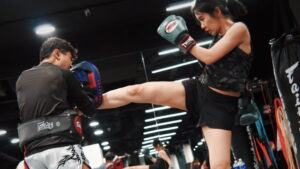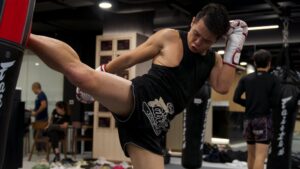Brazilian Jiu-Jitsu (BJJ) has emerged as one of the treatment options for neurodivergent individuals. Neurodivergence refers to individuals whose brains function in one or more ways outside the typical standard. It can manifest in several ways, like Attention-Deficit/Hyperactivity Disorder (ADHD), Autistic Spectrum Disorder (ASD), dyslexia, Tourette’s Syndrome, dyscalculia, or dyspraxia.
Martial arts training, in general, has been proven to improve the symptoms of these disorders drastically. The repetitive nature of many drills and routines used in BJJ and other martial arts is believed to be the most significant contributor.
Neurodivergent people are overrepresented in martial arts and other sports, which has led to many studies conducted to understand what allows them to excel in sports. Examples of high-level BJJ champions who have been diagnosed as neurodivergent include Garry Tonon, John Danaher, and Mikey Musumeci. Neurodivergent people can also be found in the upper echelon of other sports. Examples include 23-time Olympic gold medalist Michael Phelps and four-time Olympic gold medalist Simone Biles.
Alleviating Symptoms Of Autism And ADHD With BJJ Training
Adults and children diagnosed with conditions like ADHD and autism often report sensory overload, restlessness, and anxiety, which can lead to problems like irregular sleep patterns, poor attention spans, and meltdowns. These issues are often due to their inability to self-regulate.
Some of the ways Brazilian Jiu-Jitsu training can help people who have been diagnosed as neurodivergent include:
1) Provides Structure And Routine: The Secret Sauce
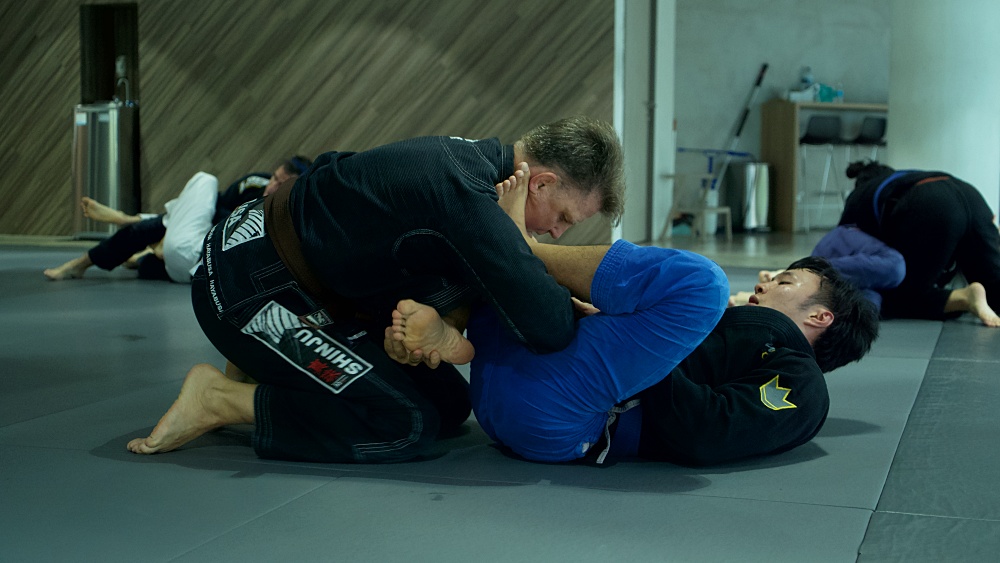
The routine that comes with martial arts like BJJ and other competitive sports is one of the primary reasons they are so helpful for people who process information differently. Neurodigervent people often like structure, which helps them focus their minds. The predictable routine that comes with BJJ training provides a sanctuary from the chaos in their minds.
BJJ classes typically have predictable structure: warm-ups, technique drills, positional sparring, and flow rolling. You know what to expect when you show up for training, and there’s a clear beginning, middle part, and end.
2) Improves Your Ability To Focus
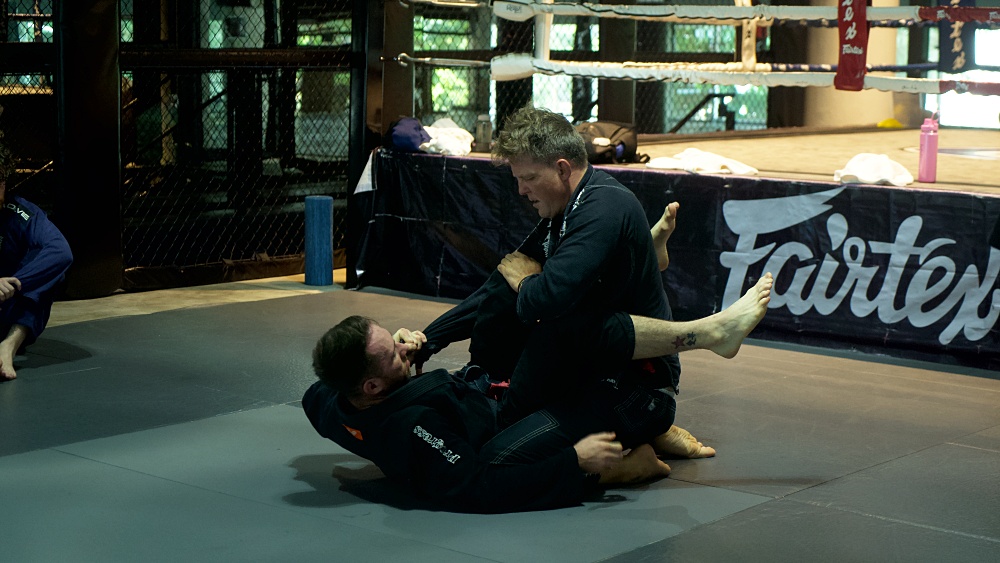
People with ADHD or ASP often have difficulty focusing on one thing, but BJJ training can help improve their attention span. BJJ is a grappling-based martial art that requires students to be in the moment and think several steps ahead of their training partners.
Training BJJ is like learning how to play chess with your entire body. The intense focus it requires helps reduce hyperactivity and improves your focus because of the incentives it offers, like having a fun time and the feeling of accomplishment that comes with finally understanding how to pull off a technique. BJJ is way more fun than staring at a math problem for an hour, and it’ll improve your ability to concentrate on less exciting tasks.
3) Enhances Social Skills
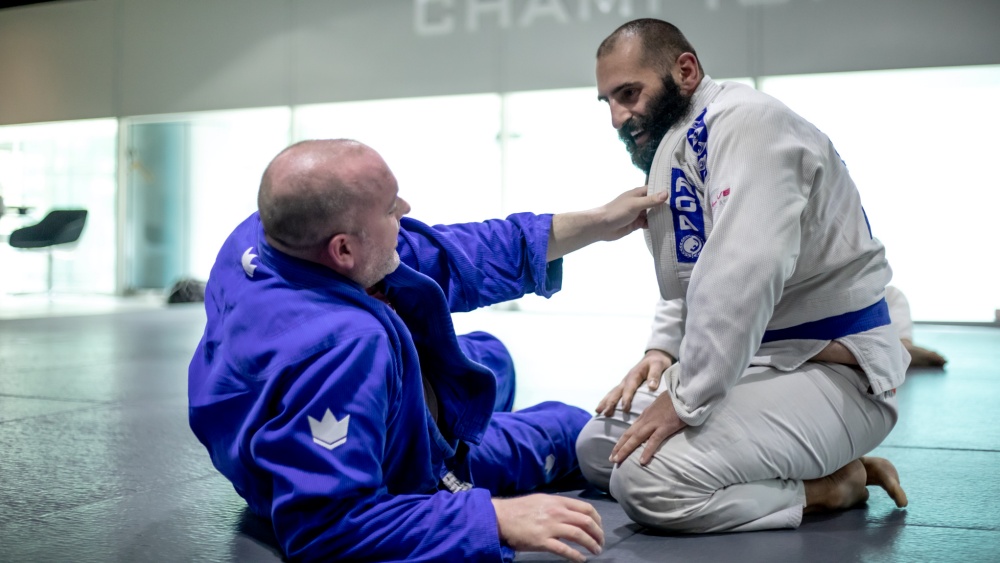
Neurodivergent individuals often find social interactions challenging and often misinterpret social cues. BJJ training provides an opportunity to socialize with others who share your passion for it. It provides a positive environment that fosters real connections without the pressure of forced small talk.
Everyone who trains BJJ builds strong bonds with their training partners as they work together and build trust.
4) Upgrades Sensory Processing
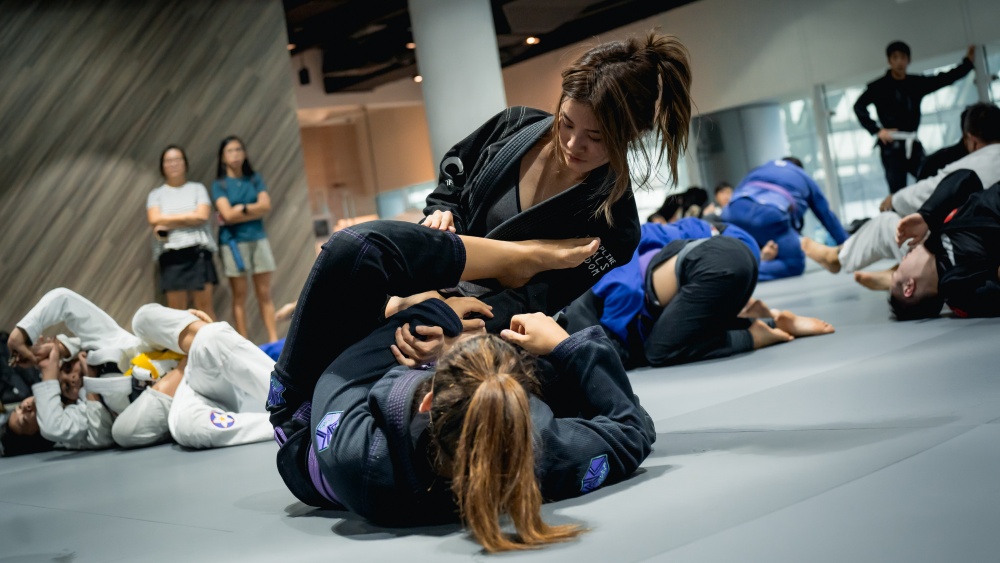
Many neurodiverse individuals struggle with sensory processing issues that can make everyday experiences a nightmare for them. One of the ways psychiatrists help neurodiverse patients deal with their poor sensory processing is a practice called deep touch pressure. It refers to sensory input provided by holding, firmly stroking, cuddling, hugging, and squeezing patients.
Deep touch pressure helps as a focusing or calming agent for the neurodiverse, helping to increase activity in the parasympathetic division of the Autonomic Nervous System while lowering activity in the sympathetic division. The inverse activity in the two regions of the Autonomic Nervous System leads to an increase in endorphin production, a decrease in heart rate, and lower blood pressure. Deep touch pressure also causes increased dopamine and serotonin production in the brain. These neurotransmitters help with mood regulation and create feelings of calm in the nervous system.
BJJ training provides lots of deep touch pressure, separating itself from other martial arts because of its focus on ground fighting. Other grappling-based martial arts like Wrestling, Judo, and Sambo also provide some deep touch pressure, but not as much as Brazilian Jiu-Jitsu.
This means every BJJ class you attend as a neurodivergent person is a form of therapy that helps improve your sensory processing, giving you the input you need for your brain and body to function effectively. However, BJJ training doesn’t stop there; it also provides lots of mental stimulation. Some of the other benefits deep touch pressure provides to the neurodiverse include:
- Stress Management
- Reduced Anxiety
- Improved Self-Regulation
- Reduced Sensory Sensitivity
5) Improves Problem-solving Abilities
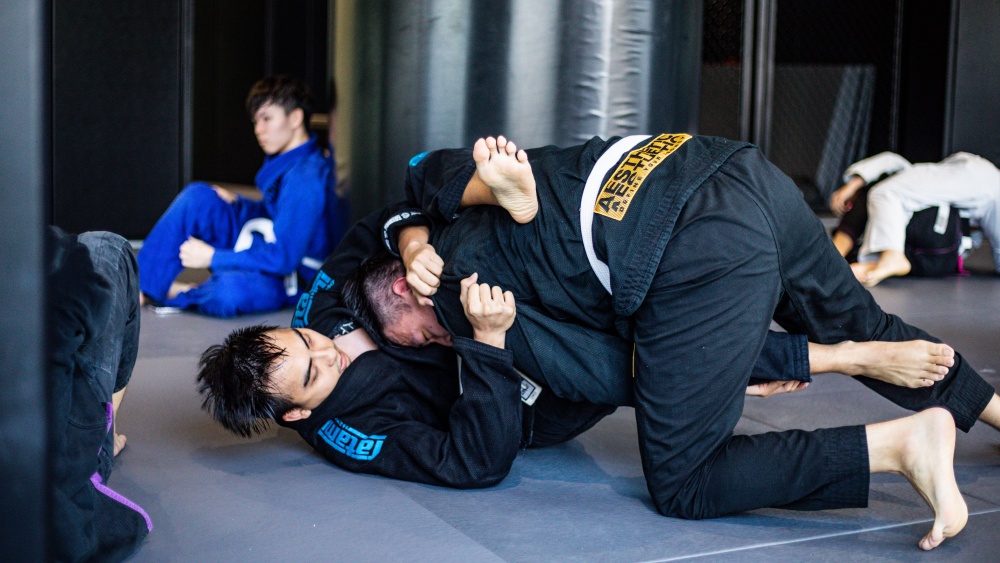
BJJ training isn’t just about securing dominant positions on the ground and trying to submit opponents with joint locks and choke holds. Each roll at the dojo provides you with a series of problems that require fast thinking and creative solutions.
People diagnosed as neurodiverse often excel in fast-paced environments, and BJJ training allows them to channel their often restless minds constructively. There’s also something incredibly satisfying about figuring out how to escape a tricky position or nailing one of the submissions you’ve been drilling.
6) Enhances Emotional Regulation
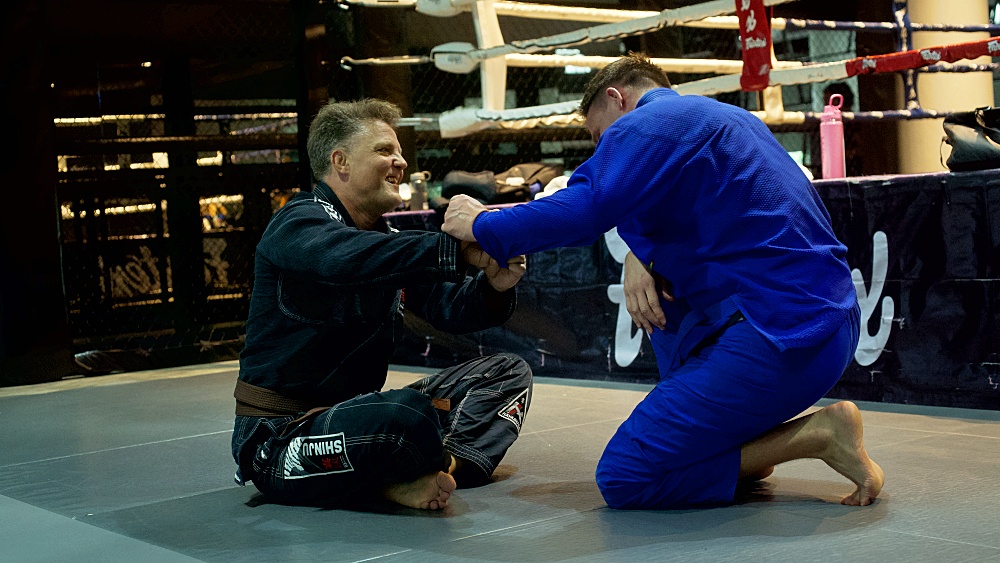
Life can be frustrating, and it can be even more frustrating when you’re dealing with issues like ADHD or ASD. BJJ training teaches you how to stay calm under pressure since panicking worsens things when you’re trying to escape a submission or a disadvantageous position.
The improved emotional regulation you learn on the mat will carry over into other aspects of your life.
7) Provides A Pathway To Physical Fitness
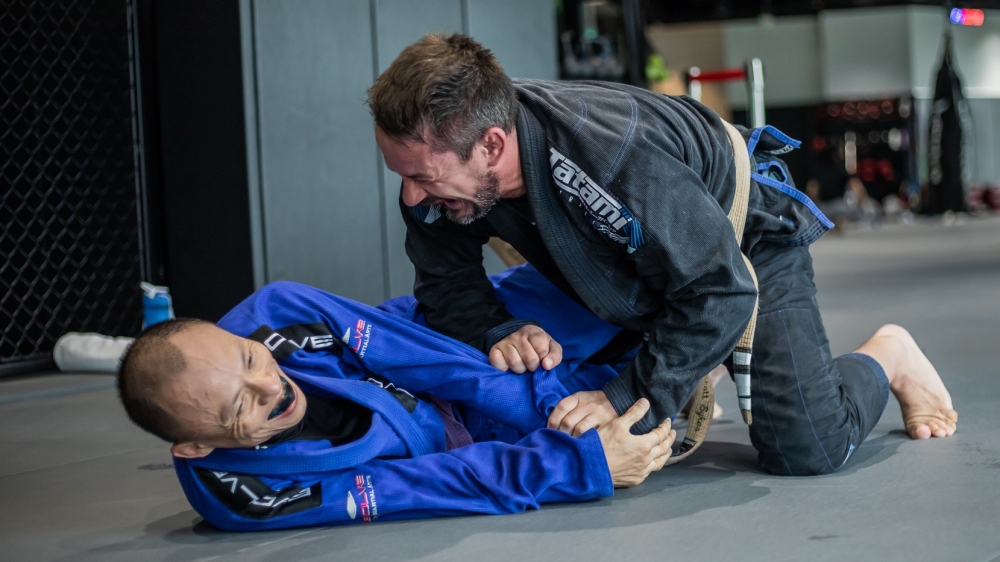
Neurodivergent people often have seemingly unlimited energy, and BJJ provides a positive outlet to channel it productively. As a result, you become fitter and improve your motor skills and coordination.
The exercise you get from BJJ training also leads to improved sleep quality, combating the insomnia many people with ADHD and ASD deal with. You won’t have any time for restless thoughts at night when you’re mentally and physically tired from your BJJ training.
8) Provides A Confidence Boost
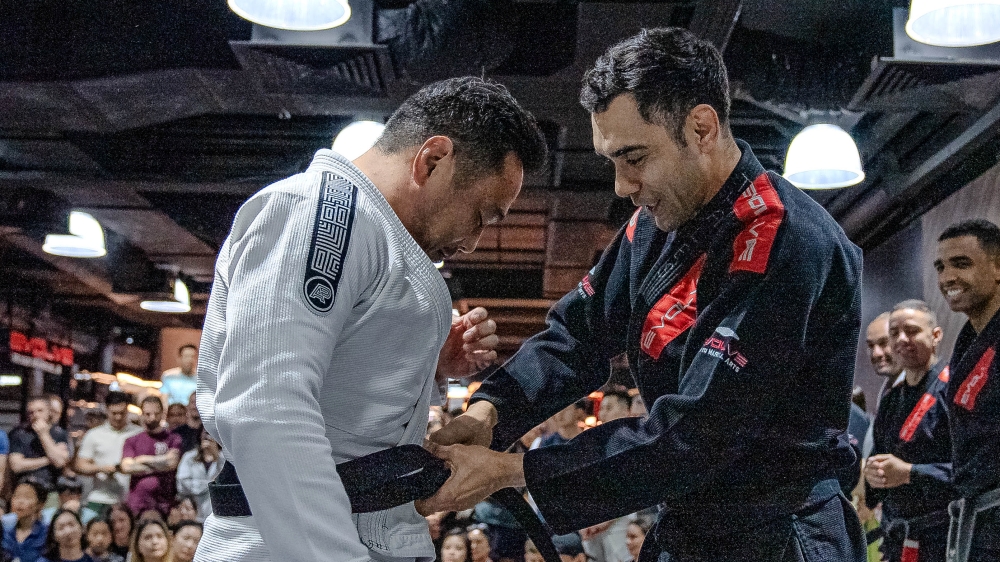
BJJ training makes you feel better about yourself as you move through the ranks. It’s structured to provide a fast feedback loop, so you don’t have to wait long to see the results of the hours you’ve spent at the dojo.
The sense of accomplishment that comes with BJJ training can considerably boost your self-esteem.
Roll Into Your New Adventure
BJJ can help anyone who is neurodiverse to improve their quality of life. It provides much-needed deep touch pressure while giving you the mental and physical stimulation to function optionally.
Come to one of Evolve’s complimentary classes to train with our world-class instructors and chat with some of our neurodiverse students today!
Book your complimentary trial class with our World Champions below!
If you have any other questions regarding Evolve MMA and the programs we offer, you can get in touch with our membership executives at the following locations:
Evolve MMA (Far East Square)
26 China Street
Far East Square #01-01
Singapore 049568
Phone: (65) 6536 4525
Evolve MMA (Orchard Central)
181 Orchard Road
#06-01 Orchard Central
Singapore 238896
Phone: (65) 6536 4556
Evolve MMA (KINEX)
11 Tanjong Katong Road
#02-52 KINEX
Singapore 437157
Phone: (65) 6288 2293
Evolve MMA (Star Vista)
1 Vista Exchange Green
#02-26A The Star Vista
Singapore 138617
Phone: (65) 6539 9590
